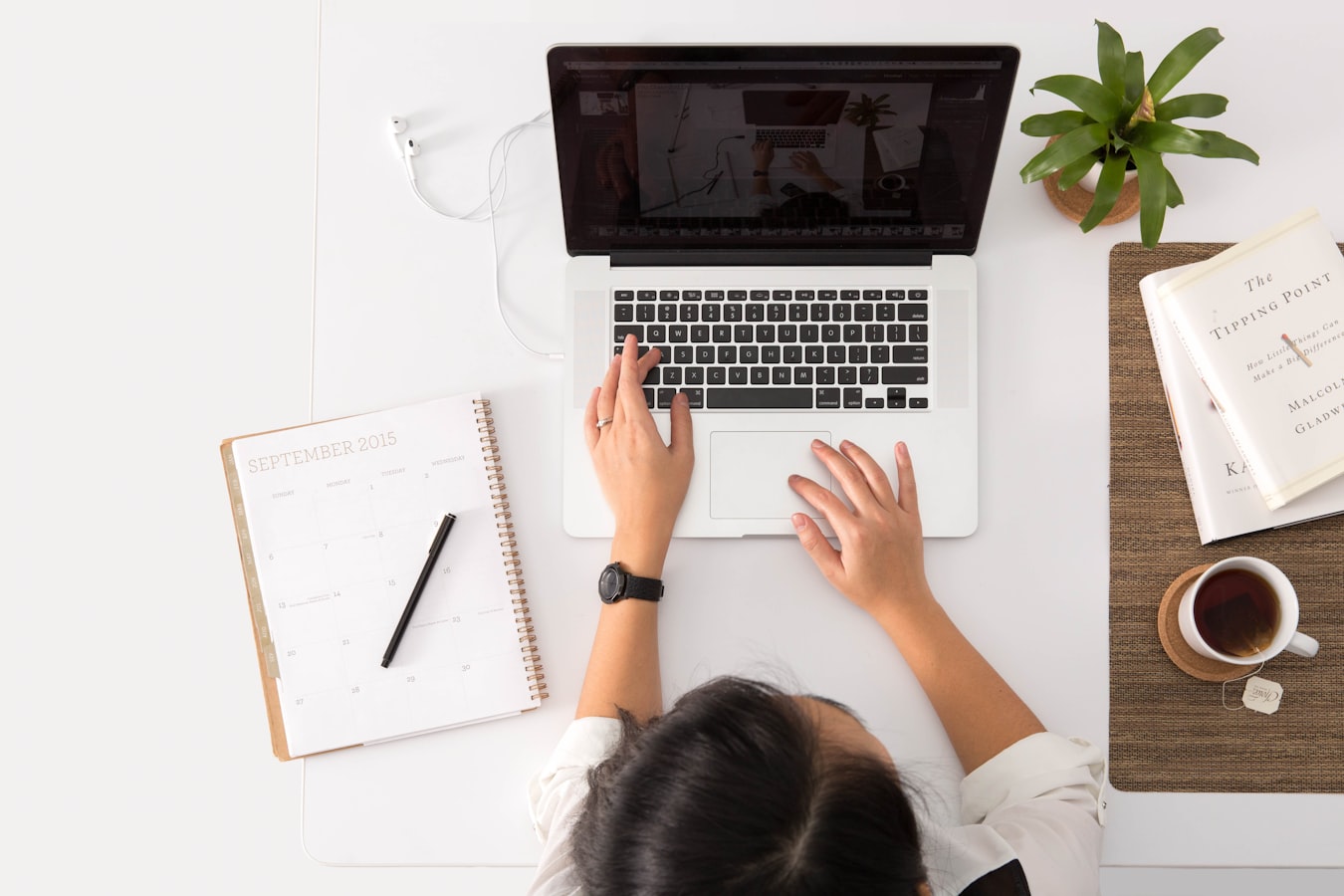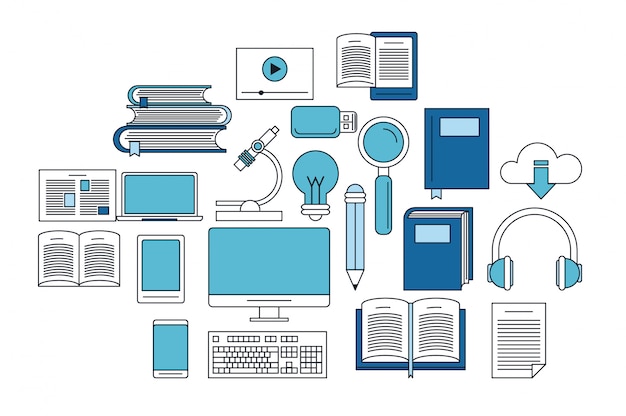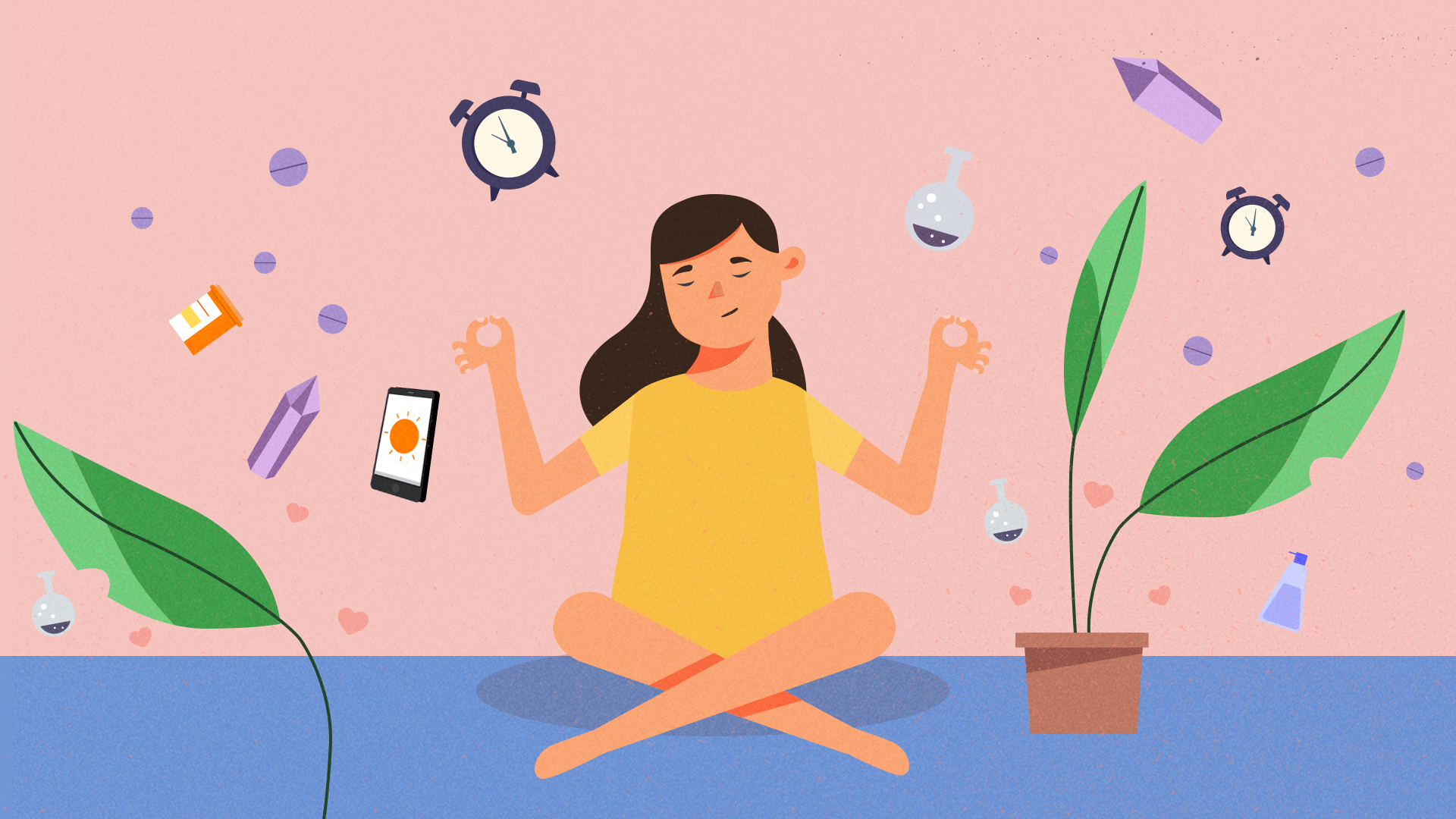Catch Up For Finals (in isolation)
It’s already the end of another term, and with finals around the corner hopefully there’s something in here for you in our Catch Up for Finals study tips compilation! We’re going to cover a range of topics, from good study habits to maintaining your wellbeing, so there’s something here for everyone.

Introduction
It’s already the end of another term, and with finals around the corner hopefully there’s something in here for you in our Catch Up for Finals study tips compilation! We’re going to cover a range of topics, from good study habits to maintaining your wellbeing, so there’s something here for everyone. Plus with the added burden of iso and online learning, we need all the help we can get.
Study Habits
We all know study habits play an important role for us to balance uni, extracurricular and cope with stress. It is important to find a study method that is right for you and that can sometimes change depending on your courses or other commitments. This term is especially different as all courses at UNSW are being run online and you may discover that you need to alter some of your study methods. Here are some tips we compiled to help you make the most of your pre-exam study sessions!

Plan your week
Having classes online means that some assessment methods have changed (e.g. having more online quizzes than usual). This means that a lot of assessments are not listed on your timetable. Using an interactive calendar such as Google calendar (or even a physical calendar) can help you stay on top of your work and stay organised. You should also download your interactive calendar app onto your phone to receive notifications when important assessments are due. I personally also find it useful to see what my month looks like so I can plan outings with friends and schedule other commitments such as applying for internships.
Catching up on lectures and content
It is week 10 and it's not too late to start doing some catching up! I have definitely been in this boat before and catching up on content is always the most challenging part. Needless to say, time is limited, so it is important to use it effectively. Personally, I first like to make a list of lectures I need to watch and homework/labs to complete, to keep track of my revision. To make sure I have all the content noted down I type notes on the lecture slides themselves as this takes less time than writing notes or drawing diagrams from scratch. Youtube videos and other online resources can also help supplement your notes if you are particularly stuck on certain topics.
Depending on your course sometimes it might be beneficial to go straight to revising labs and tutorials, as answering questions is a more active form of recalling the material. However, if you have past papers to work on I would recommend prioritising them, as they are the closest substitute to what the real final will be like.
Finally, I would recommend finding a study buddy to have a late night or early morning study session with as they can help keep you motivated. It is also a bonus if they study the same course as you! If you don’t know anyone doing your courses, don’t be afraid to post questions on class forums because at the end of the day most people are probably struggling with the same things as you and would appreciate someone asking simple questions. This goes the same for asking/emailing lecturers and tutors during consultation hours or tutorials.
Take breaks
I'm sure you’ve heard the phrase “work smarter, not harder”. One of the biggest takeaways I’ve had from learning different study methods is the Pomodoro Technique. In a nutshell, it’s a time management system for productivity, where you study for 25 minutes, followed by a break of 5 minutes. Then, after four of these “Pomodoros”, take a longer break for 15 to 30 minutes. Why does this work? The average student can only focus on a task completely for around 25 minutes, and after this, the efficiency of their studying decreases dramatically. By taking a quick break when you start to feel yourself going against the tide, you effectively recharge your ability to focus. By not doing so, you’ll just be digging yourself into a hole and get very little done after that first bout of motivation.
Your study environment
Since you’re going to spend the majority of your time at your desk, it’s important to make it comfortable and optimal for studying! Especially if you’re finding it difficult to concentrate, the way you set up your physical environment can play a huge role in improving your study efficiency.

Create a dedicated study area
Physically moving locations to a different room in the house, or just to a different table could help keep you productive! By physically separating where you relax and where you want to be productive, you can start to associate different environments for different activities. This could especially be helpful if you’re finding that all you want to do is browse YouTube whenever you sit at your desk. Try changing up where you study!
Natural light
From personal experience, having some form of natural light when studying is important for when you want to study for a long period of time, or even just for staying sane. Even if it’s just opening the blinds, various studies have shown that learning and studying in a naturally lit environment can improve academic performance.
Screen health
We spend a lot of time in front of screens as students, and part of keeping productivity up while working from home is avoiding as much discomfort as possible. The general rule of thumb is to have your screen be an arm’s length away, and the top of the screen directly at or slightly below eye level. If you want some extra tips check out our Guide to Posture for even more ways to upgrade your workstation situation!
Have open space
Even if you’re just coding on an assignment or lab, you’ll still want to have some space on your desk to write down whatever you’re working on. Having some paper, a spare pen and the space to write is extremely underrated when it comes to solving problems. Whether it’s working your way through an algorithm or drawing out a graph, this is something all students should keep in mind.
Some helpful study tools
With it being just too easy to procrastinate while being stuck at home, here are some tools that you might want to consider to keep your productivity going!

Forest is a productivity app that I personally use and can wholeheartedly endorse. And it’s very simple to use! Just set an amount of time that you want to study for and the app grows a virtual tree while you work. This is especially useful if your phone is a main source of distraction, or also if you’re using the Pomodoro Technique.
A to-do list app
Some form of to-do list is absolutely essential, and can be hugely helpful in organising what you have to do each day to save you from dropping into that dark place of unproductivity. One app that I can recommend from first-hand experience is Todoist. To-do lists are especially useful for keeping track of all the work you have to do, be it revising lecture notes, reviewing lab exercises, or meeting milestones in a project - with a to-do list, you’ll keep yourself organised! And of course, there are many other to-do list apps out there if you find that Todoist isn’t what you’re looking for.
Browser website blockers
If you think you have a serious problem browsing the web while trying to watch a lecture or get some coding done, this is for you. You can download a Chrome extension that allows you to block any distracting websites for a set amount of time while you work.
Wellbeing

We are all studying online this term which means MINIMAL human contact. Of course self isolation is very important considering we have a pandemic, however for some of us this means that we can’t see our family and friends as often. This can be hard as it can make you feel confined with a loss of structure without others being in the picture. It can also affect your mental health and wellbeing since at the end of the day we are all humans and need contact with each other! To avoid feeling trapped some suggestions we have are:
- Schedule video calls with your friends and family. You can even try doing an activity together such as cooking through video calls
- Play some sort of interactive online game with your friend. This could be skribbl.io or even use various apps like house party.
- Take a walk (following social distancing rules)
- Set goals
Take advantage of isolation and maybe try learning something new like building a computer from scratch or even some Chloe Ting ab workouts to shock everyone after quarantine. While everything is it online it might give you some more free time to be productive and apply for jobs and internship in the summer.
Referenceshttps://veeroes.com/inspirational-quotes/fail-to-plan-is-planning-to-fail/
https://unsplash.com/photos/DUmFLtMeAbQ
https://image.freepik.com/free-vector/study-tools-elements_18591-39696.jpg
https://medvisit.io/how-does-quarantine-affect-your-mental-health/
